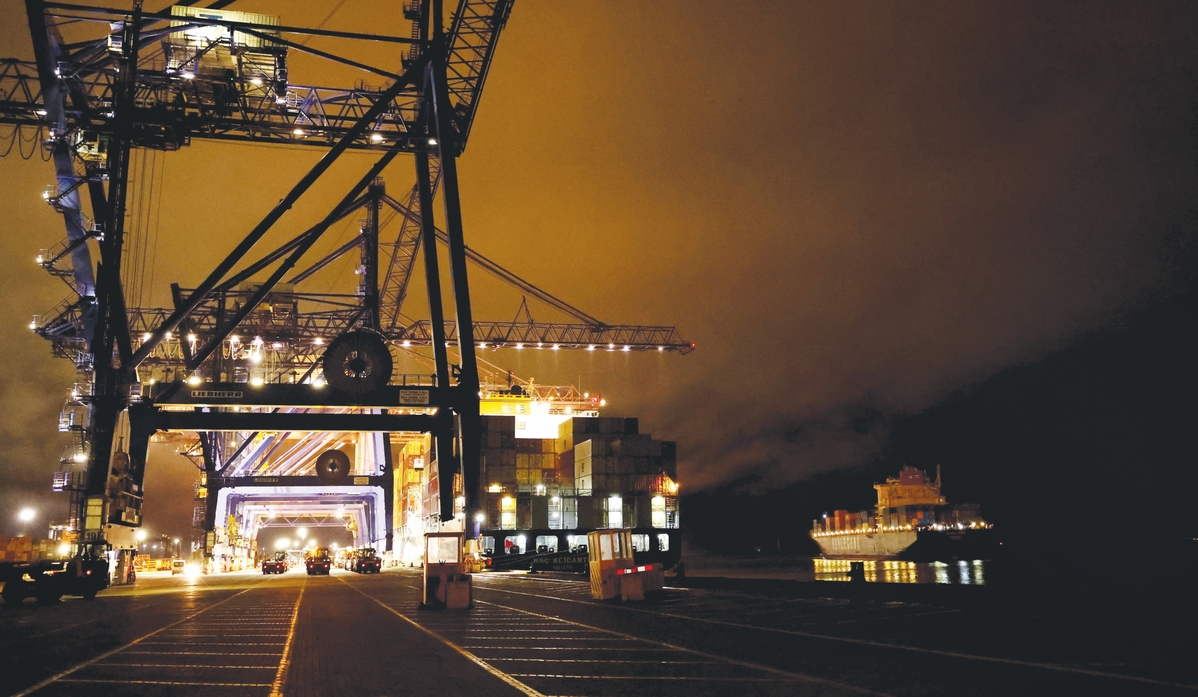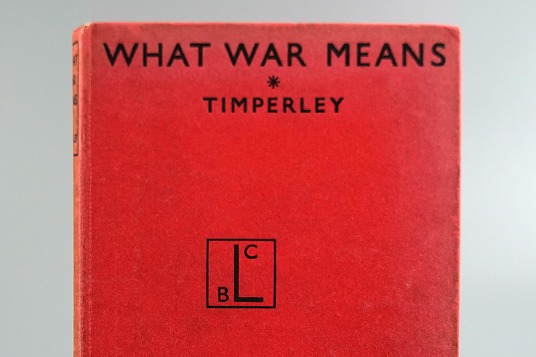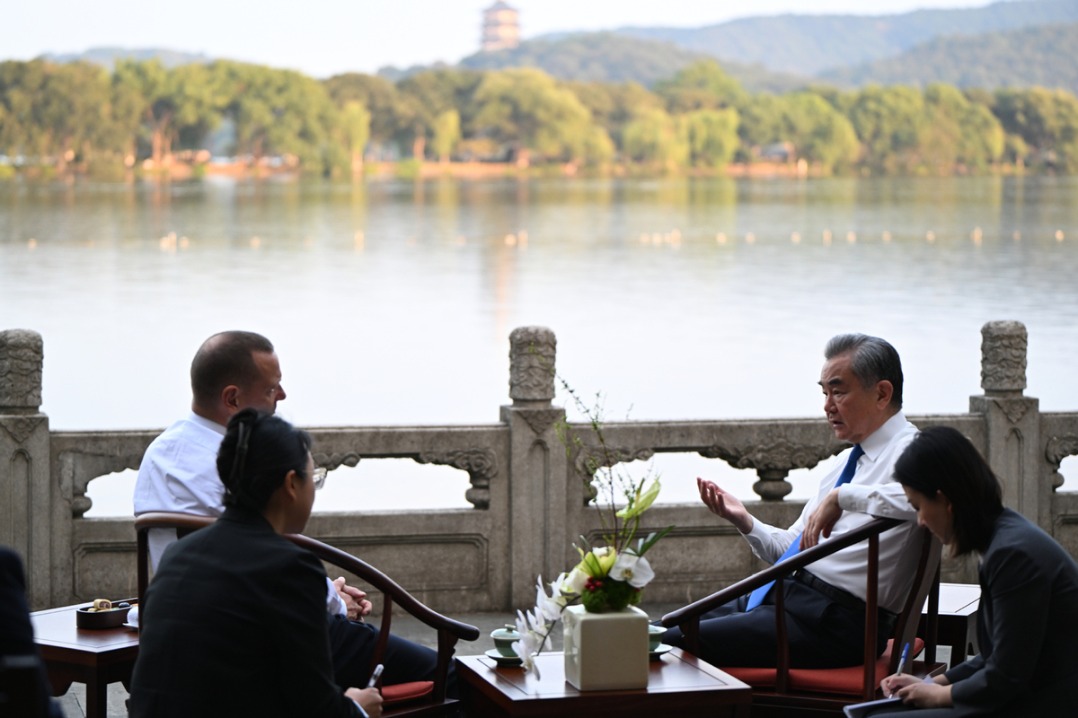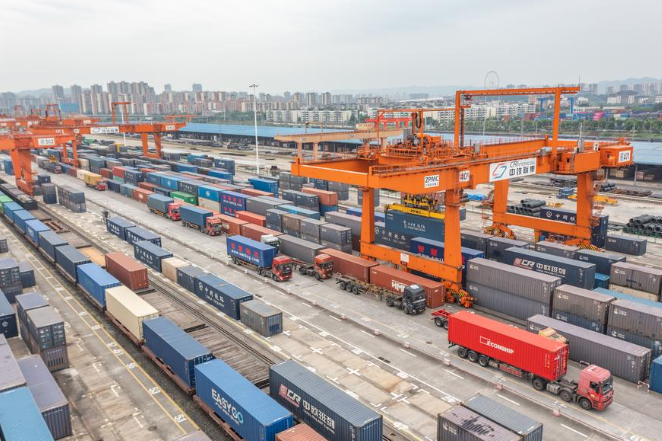Tariffs not a cure-all
Europe has not aligned with the US in its trade war against China but wants strategic autonomy, sustained prosperity through prudence, dialogue, Xing Yi reports in London.


Craig Burchell, chairman of Gerrha Global, a consultancy that focuses on EU-China collaboration, noted the prime example is the US refusing to allow ASML to sell China its products, which are essential to making semiconductors.
Burchell, an international law and policy expert based in Brussels, said: "The EU is right to seek strategic autonomy. Because global stability requires three pillars, EU, China, and USA collaborating for a better world."
Since returning to office in January, Trump's renewed "America First" agenda has strained relations with the EU.
Ding Chun, vice-chair of the Chinese Association for European Studies and director of the Center for European Studies at Fudan University, said Trump's fickle position on the Russia-Ukraine conflict, his outrageous claim to want to annex Greenland, and his threats to throw Spain out of NATO, have cast doubt over traditional security alliances.
"Trump's MAGA (Make America Great Again) movement has cracked a rift between the Transatlantic alliance," he added. "From trade to security, there is also a need for the EU to de-risk from the US.
"So, when it comes to China, Europe certainly doesn't want to be a 'pawn' of Washington. The EU doesn't want to be forced to choose sides between China and the US, but it doesn't want to be sidelined as well."
David Gosset, founder of the China-Europe-America Global Initiative, noted that China is quietly undergoing a transformative shift in its economic model — a move toward high-quality development that brings competition to the European market.
"While there is no denying the mounting challenges, there is much to gain from collaboration," said the French sinologist, adding that both China and EU converge on issues including multilateralism and climate change that provide the foundation for a more cooperative future.
"The EU and China should balance ideals with reality, embrace strategic autonomy, and focus on what they can achieve together. This will not only strengthen their relationship but also help bridge the divides between other economies and regions, promoting progress rather than regression," said Gosset.
Schumann echoed, saying: "China remains essential for Europe in three dimensions: as a major market, a partner in innovation and sustainability, and a stabilizer in global supply chains. For Germany's export industries, China is both a key production site and a demand center, as well as a collaborator in technology and climate solutions. The relationship is one of interdependence, not dependence.
"Europe benefits most when it manages this relationship with reciprocity, not rivalry."
Contact the writer at xingyi@chinadaily.com.cn.

































